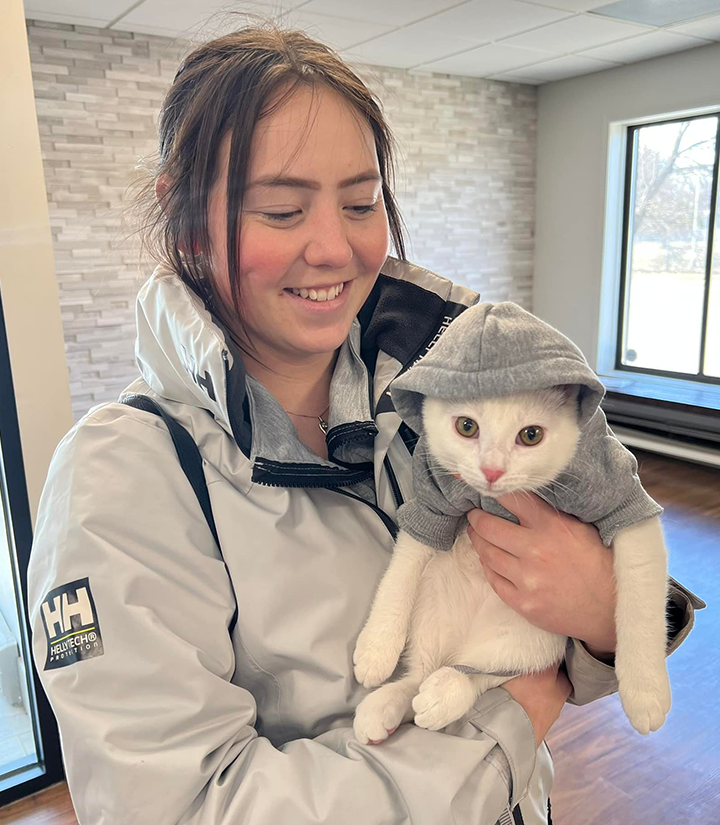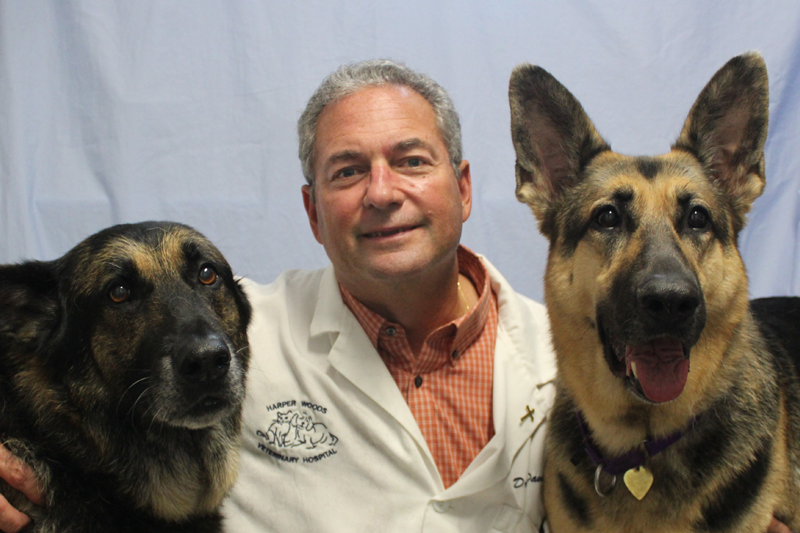About Our Veterinary Hospital
Harper Woods Veterinary Hospital
Comprehensive Veterinary Services For Your Pets
Harper Woods Veterinary Hospital is a full-service animal hospital servicing the areas of Harper Woods, the Grosse Pointe communities, St. Clair Shores, and Detroit. We will accept routine care clients as well as those with medical, surgical, and dental issues.

Pet Wellness Examination
The annual wellness checkups we recommend at Harper Woods Veterinary Hospital are crucial for your pet’s happiness and health. Preventive care is vital for the well-being of your pet.

Pet Advanced Diagnostics
Every day at Harper Woods Veterinary Hospital, we use the in-house laboratory to aid with patient diagnosis. The early indicators of sickness are frequently revealed by simple blood tests, frequently before your pet ever exhibits symptoms.

Pet Dentistry
Who We Are
Our Veterinary Team
The mission of Harper Woods Veterinary Hospital is to promote your pet’s health and welfare. Your pet will receive high-quality care from our veterinary team to meet their evolving needs.
Your kind words
Read our client reviews
Thank you for helping Harper Woods Veterinary Hospital become one of Metro Detroit’s, Michigan’s top veterinary facilities! Your nice words mean the world to us, and we appreciate you taking the time to let us know what you thought.


I’ve been coming to HW Vet for 30 years now and highly recommend them. Several years ago we moved north and tried a vet closer to us. We lasted 1 visit. We now drive 16 miles one way to stay with Dr Balaj and the staff at HW Vet.



